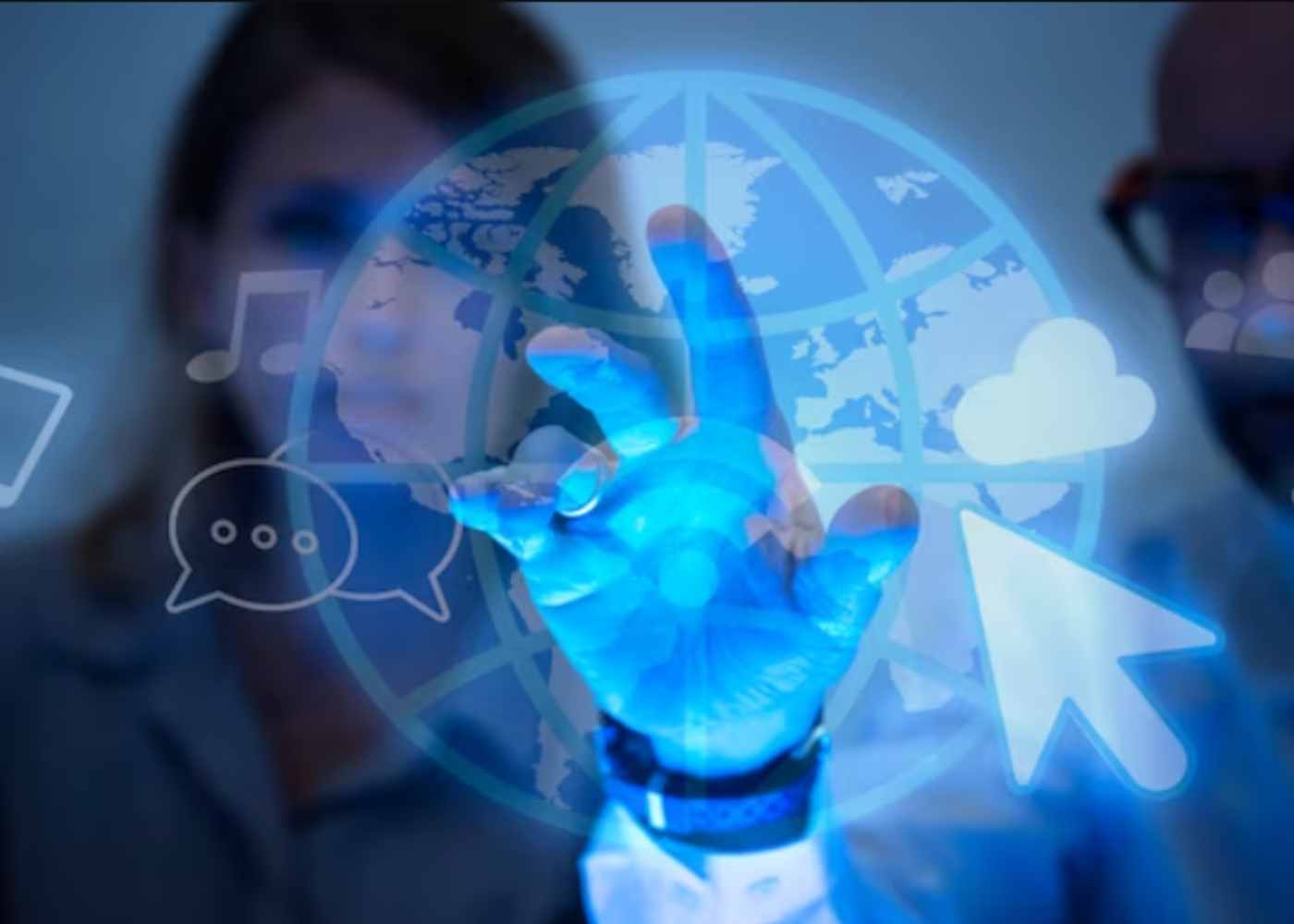
In an age where digital connectivity is the heartbeat of
global communication, commerce, and education, the debate rages on regarding
the classification of internet access as a basic human right. The emergence of
Earthlink Unlimited Internet amidst this discourse amplifies the conversation
about universal access and its implications for society.
Understanding Internet as a Human Right
The internet's recognition as a human right stems from its
transformative impact on education, expression, and access to information. As a
global equalizer, it fosters empowerment, bridging socio-economic gaps and
democratizing knowledge. Its intrinsic link to fundamental freedoms and
opportunities propels the argument for universal access, advocating for digital
inclusion as an imperative in modern society.
Defining Basic Human Rights
Human rights, as established by the United Nations Universal
Declaration of Human Rights (UDHR), encompass fundamental freedoms and
entitlements that every person is inherently entitled to without
discrimination. Traditionally, these rights encompassed necessities such as
shelter, food, and healthcare. However, with the rapid evolution of technology,
the question arises: should access to the internet be added to this list?
Internet Penetration and Social Impact
The internet has revolutionized how society functions,
breaking down geographical barriers, fostering global connections, and
democratizing access to information. Its role in education, healthcare,
employment, and civic engagement is undeniable. The digital divide, however,
persists, creating disparities between those who have internet access and those
who don’t.
Challenges in Considering Internet as a Right
Financial and Infrastructural Hurdles
While advocating for internet access as a right, one must
confront the challenges of affordability and infrastructure. Not everyone can
afford consistent, reliable internet services. Rural areas and developing
regions often lack the infrastructure required for high-speed internet, making
the provision of universal access a complex endeavor.
Regulatory and Privacy Concerns
Classifying the internet as a human right raises concerns
about regulation and data privacy. Balancing unrestricted access while
safeguarding individual rights and security poses significant challenges in
policy formulation.
The Role of Earthlink Unlimited Internet
Earthlink's Contribution to Universal Access
Amidst these debates, Earthlink Unlimited Internet emerges as a key player in bridging the digital divide. With a
commitment to providing reliable and affordable internet services, Earthlink
strives to expand access, especially in underserved areas. Their initiative
aligns with the notion of internet access as a right, aiming to make
connectivity more accessible to all.
Innovative Solutions for Access
Earthlink's innovative approaches to infrastructure
development, partnerships, and pricing models contribute significantly to
increasing internet penetration. Their emphasis on sustainable expansion
strategies offers a blueprint for addressing the challenges of accessibility
and affordability.
The Case for Internet as a Human Right
Education and Empowerment
Universal access to the internet empowers individuals by
providing educational resources, fostering digital literacy, and opening doors
to economic opportunities. It facilitates skill development and access to
online educational platforms, leveling the playing field for marginalized
communities.
Information and Freedom of Expression
The internet serves as a conduit for free expression and
information dissemination. Recognizing it as a human right reinforces freedom
of speech, access to diverse perspectives, and participation in societal
discourse, critical for a democratic society.
Healthcare and Socio-economic Impact
Telemedicine, remote work, and e-commerce are made possible
by internet connectivity. Access to online healthcare services and job
opportunities significantly impacts healthcare outcomes and socio-economic
development.
Conclusion:
As Earthlink Unlimited Internet continues its mission to
extend connectivity, the discourse on internet access as a basic human right
gains momentum. While challenges persist, the transformative potential of
universal internet access cannot be ignored. Governments, organizations, and
individuals must collaborate to surmount barriers and ensure equitable access
to this essential tool of the modern age.




















